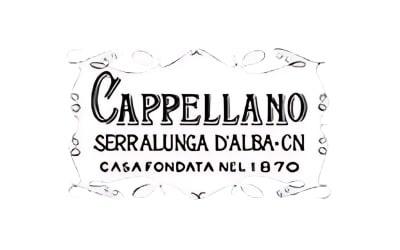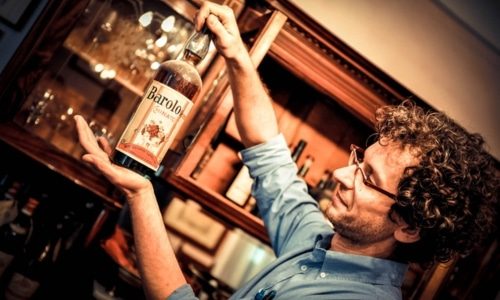
Cappellano
Augusto Cappellano is the fifth generation of the family to produce wine from vineyards in Serralunga d’Alba. His great-grandfather, Filippo, acquired substantial acreage there and, in 1870 established the azienda. At his death, his son, Giovanni continued his father’s work, selling their wine to clients from Liguria through Piedmont. Giovanni’s brother, Giuseppe, was a pharmacist who created the family formula for their famous Barolo Chinato, the Barolo infused with a variety of “medicines”. Giovanni died in 1912 from a tropical fever contracted in Tunisia, perhaps while he was looking for vines that were not susceptible to phylloxera. Giuseppe then retired from his pharmaceutical chores to run the estate and he decided to sell his grapes to the Gancia company, one of the major wine producers in the Langhe. To continue the story, Giuseppe passed away in 1955. Shortly thereafter, Augusto’s father, Teobaldo, who was born and raised in Eritrea, returned to Serralunga to revive the azienda. He rebuilt the cantina and the image of Cappellano as well – this time much smaller in size (four hectares) but far more grand in quality. In his turn, he also produced once again the extraordinary Barolo Chinato using the ancient family recipe, all the while becoming one of the most admired and respected figures in the Barolo district. Augusto now takes the reins and will now place his special mark on the wines of this estate.
The four hectares of vineyards owned by the Cappellano family are principally in Serralunga d’Alba and are supplemented by a small parcel in the neighboring village of Novello from which Cappellano produces his Nebiolo d’Alba. The vineyards in Serralunga are situated in the Gabutti cru which is on the western slopes of Serralunga at approximately 300 meters altitude. The land is farmed according to organic principles and the production of the wine is accomplished following the credo of “Vini Veri”: indigenous yeasts are relied upon, the use of sulfur is strictly limited, vinification is traditional (long fermentation, extended aging in large, old botte) and the wine is not filtered prior to bottling.

est 2005
© 2025 Vino Veritas, All Rights Reserved





